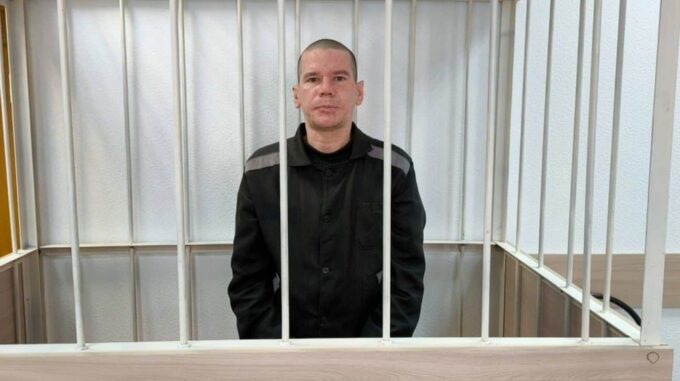In Russia, repression against Ukrainian military personnel continues to intensify, employing unprecedented legal mechanisms and political actions

Recently, Russian justice authorities sentenced Ukrainian soldier Serhii Chumasov from the 17th Separate Tank Brigade of the Armed Forces of Ukraine — to 15 years of imprisonment on charges of “terrorism,” which, according to official reports, occurred in Kursk Oblast in October 2024. The official investigation claims that the young serviceman, armed with an AK-74 rifle and a grenade launcher, illegally crossed the Russian border along with his comrades and entered the village of Olyhovka in Kursk Oblast. According to investigators, he allegedly mined roads and threatened to use weapons, obstructing the evacuation of local residents and creating chaos in the area. Chumasov was detained during hostilities and handed over to Russian Federal authorities. Now, the Ukrainian serviceman faces charges of “terrorist act” and has been sentenced — to 15 years of imprisonment, with the first three years to be served in prison, while the remainder will be in a maximum-security colony. The cycle of repression against Ukrainian military personnel in Russia is gaining momentum. Earlier, in January 2025, the Moscow Second Western District Military Court sentenced seven Ukrainians, who had been captured during fighting in Kursk Oblast, to severe terms — from 15 to 16 years of imprisonment for participation in hostilities and alleged “terrorist activities.” At the same time, high-profile hearings were held in Rostov-on-Don over 22 servicemen from the “Azov” regiment, who defended Mariupol and “AZOVstal” during Russia’s aggressive actions. Among the convicted were eight women, further confirming the political pressure and repressions aimed at active participants in Ukraine’s defense. Stories of sentencing medical professionals and civilians continue as well. In November 2023, the so-called ‘DNR court’ sentenced Vitalii Matviiienko, a medic from the 36th Separate Motorized Infantry Brigade of the Ukrainian Armed Forces — to 30 years of strict regime imprisonment. These acts are clearly politically motivated, serving as intimidation and demonstrating Russia’s power amid its ongoing military aggression against Ukraine. These judicial processes have little to do with genuine justice; they are tools of political pressure, intimidation, and discrediting Ukrainian soldiers and military service. Russian authorities persist in disregarding international standards and human rights principles, using injustice and threats as means to maintain control over the occupied territories and Ukrainian citizens. Attempts to instill fear continue; however, Ukrainians and the international community remain active in demanding fair trials and justice for every soldier defending Ukraine and its people.

